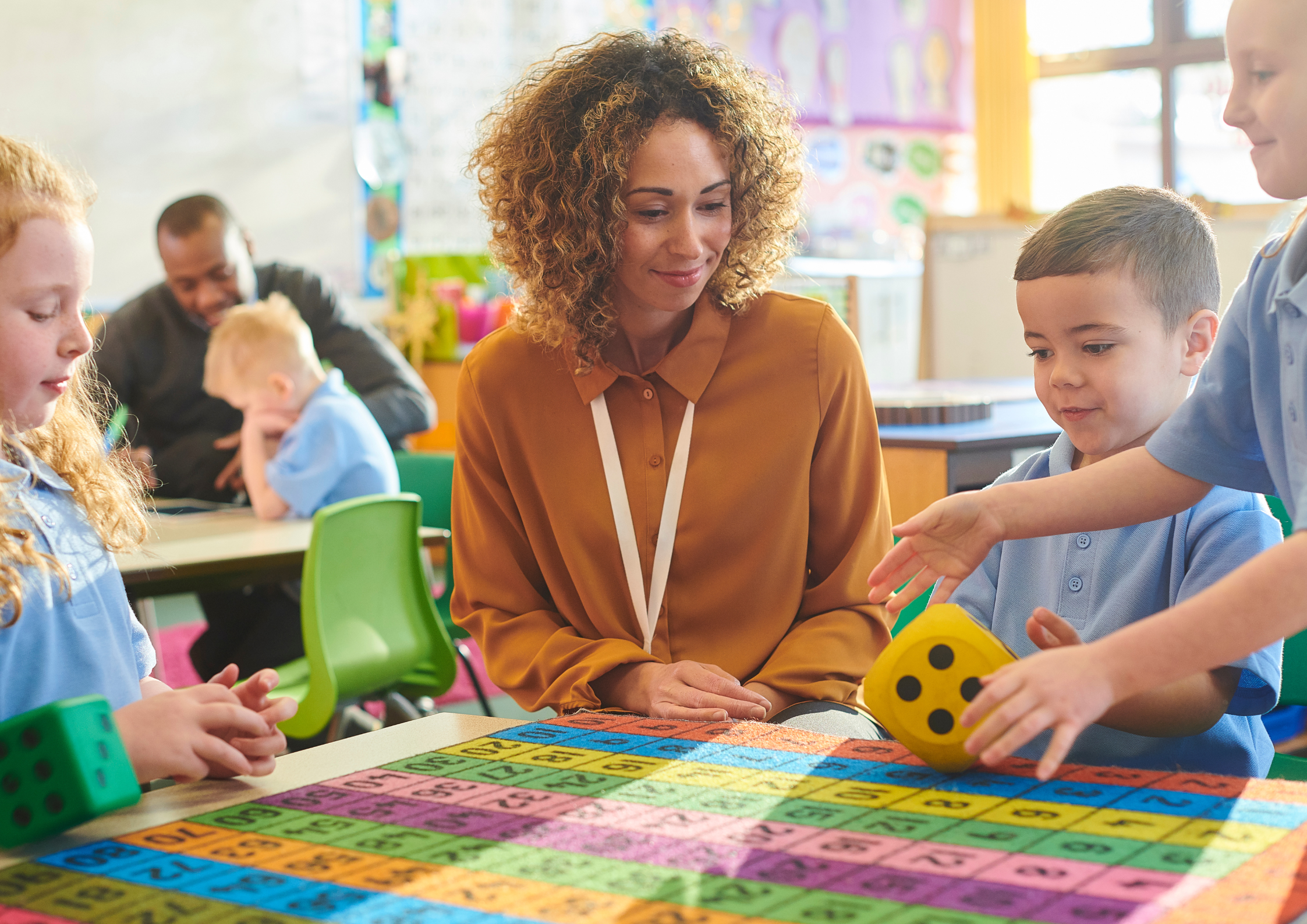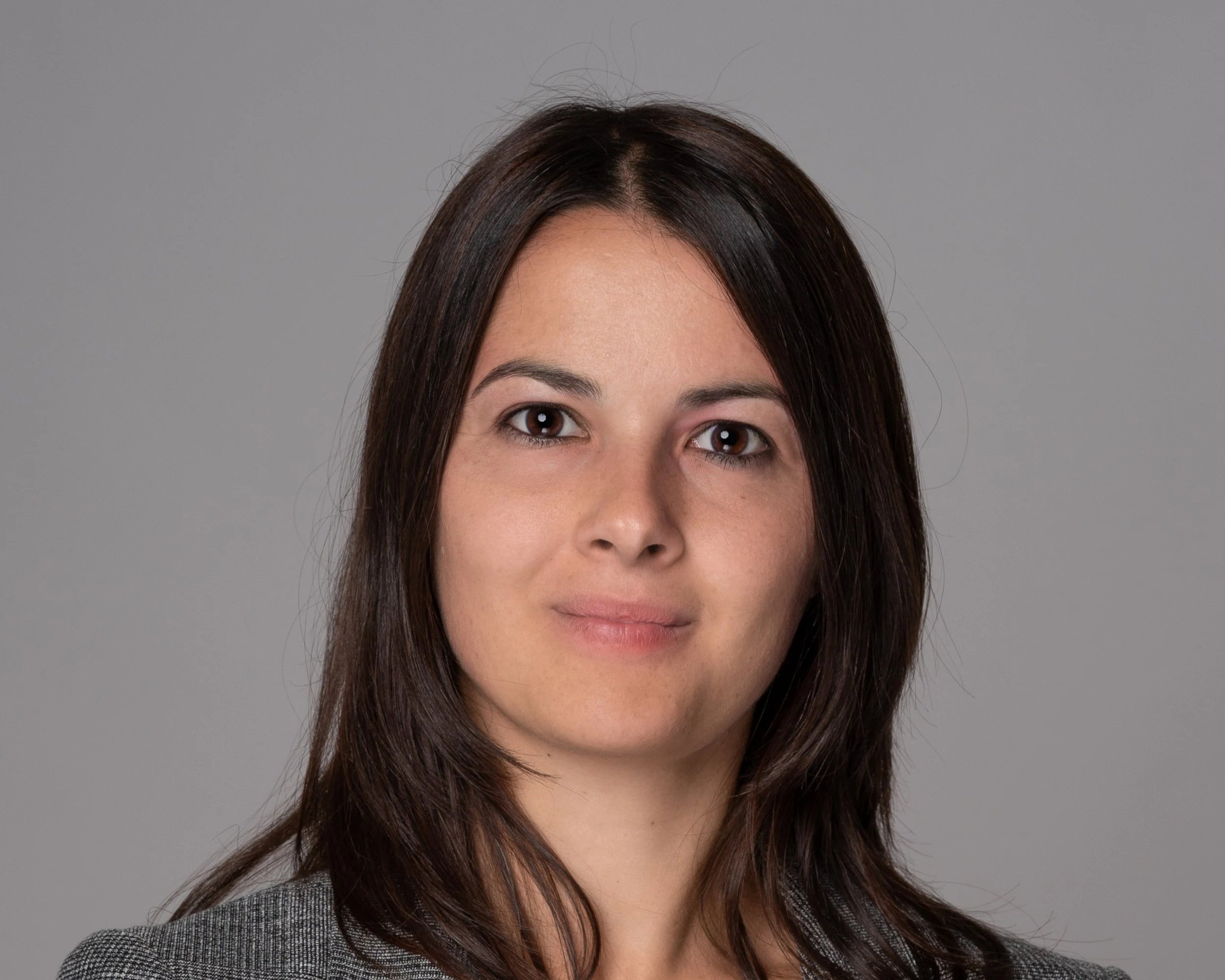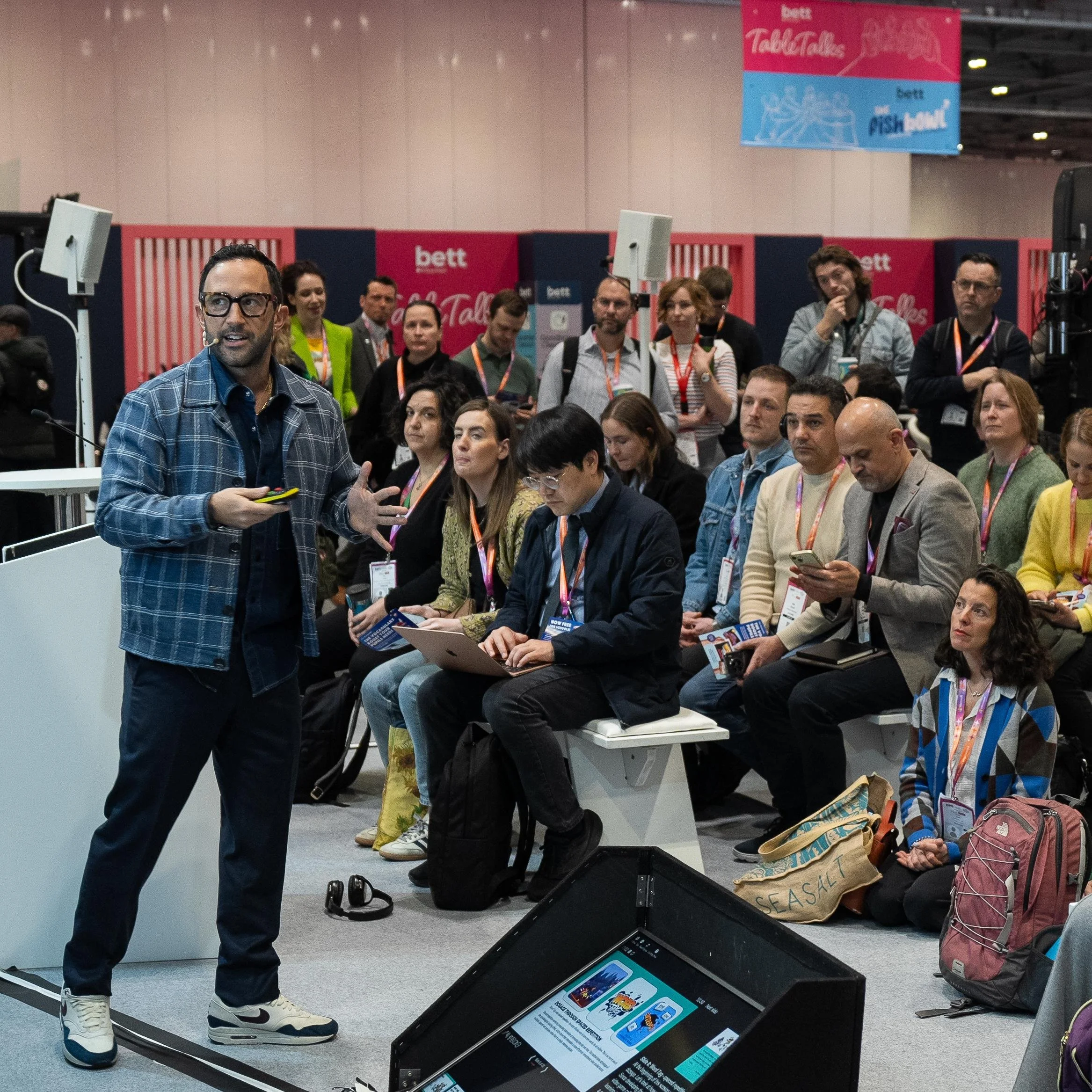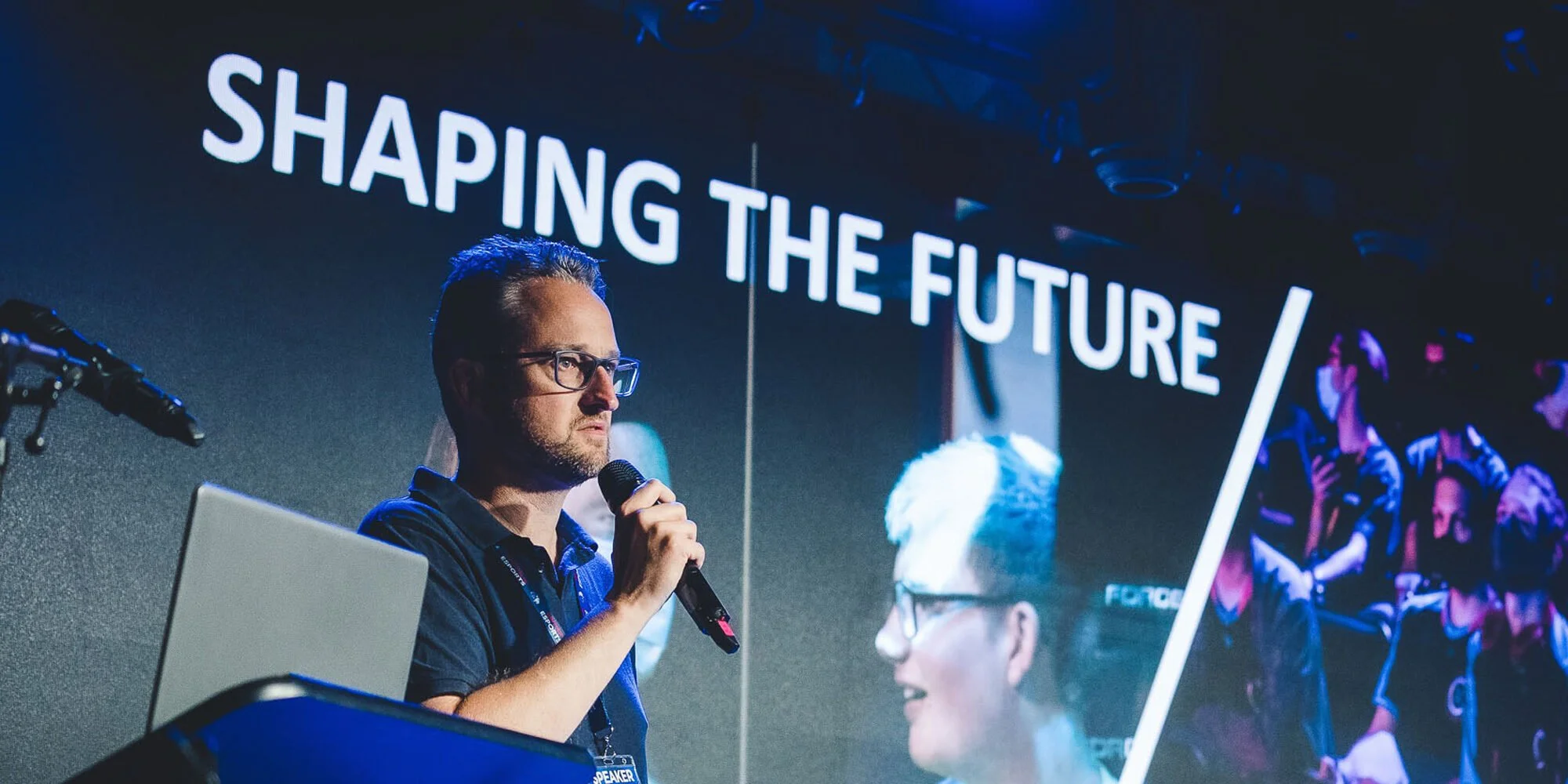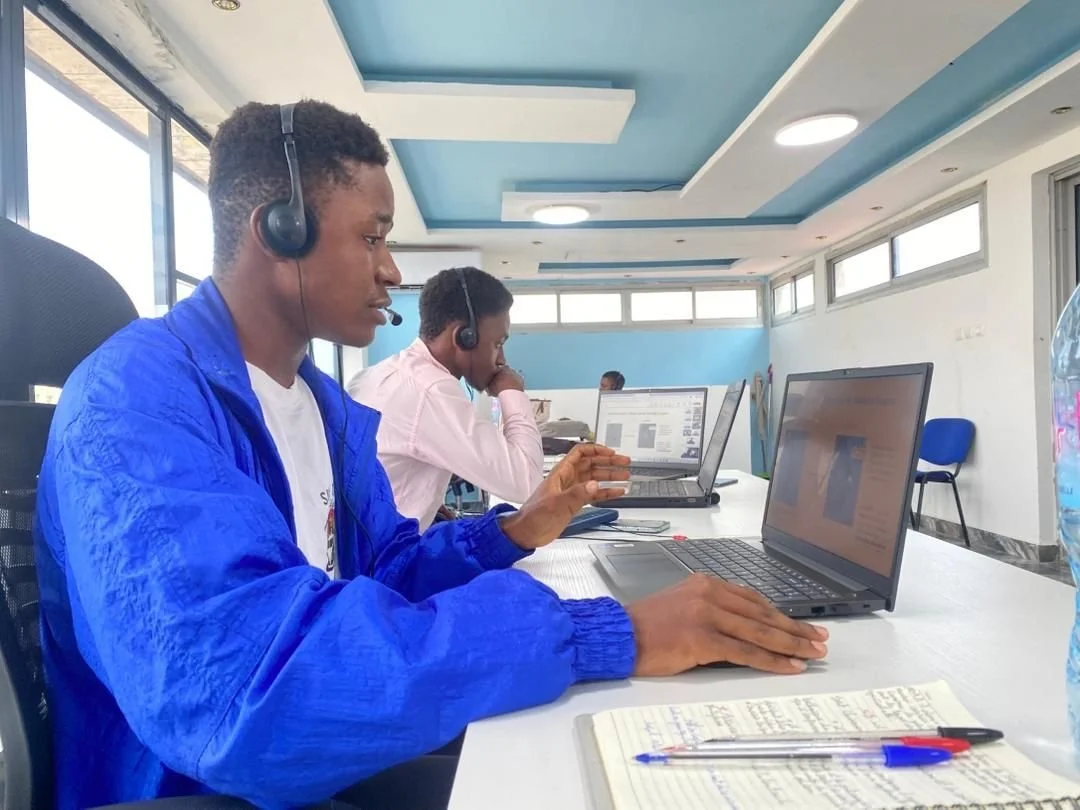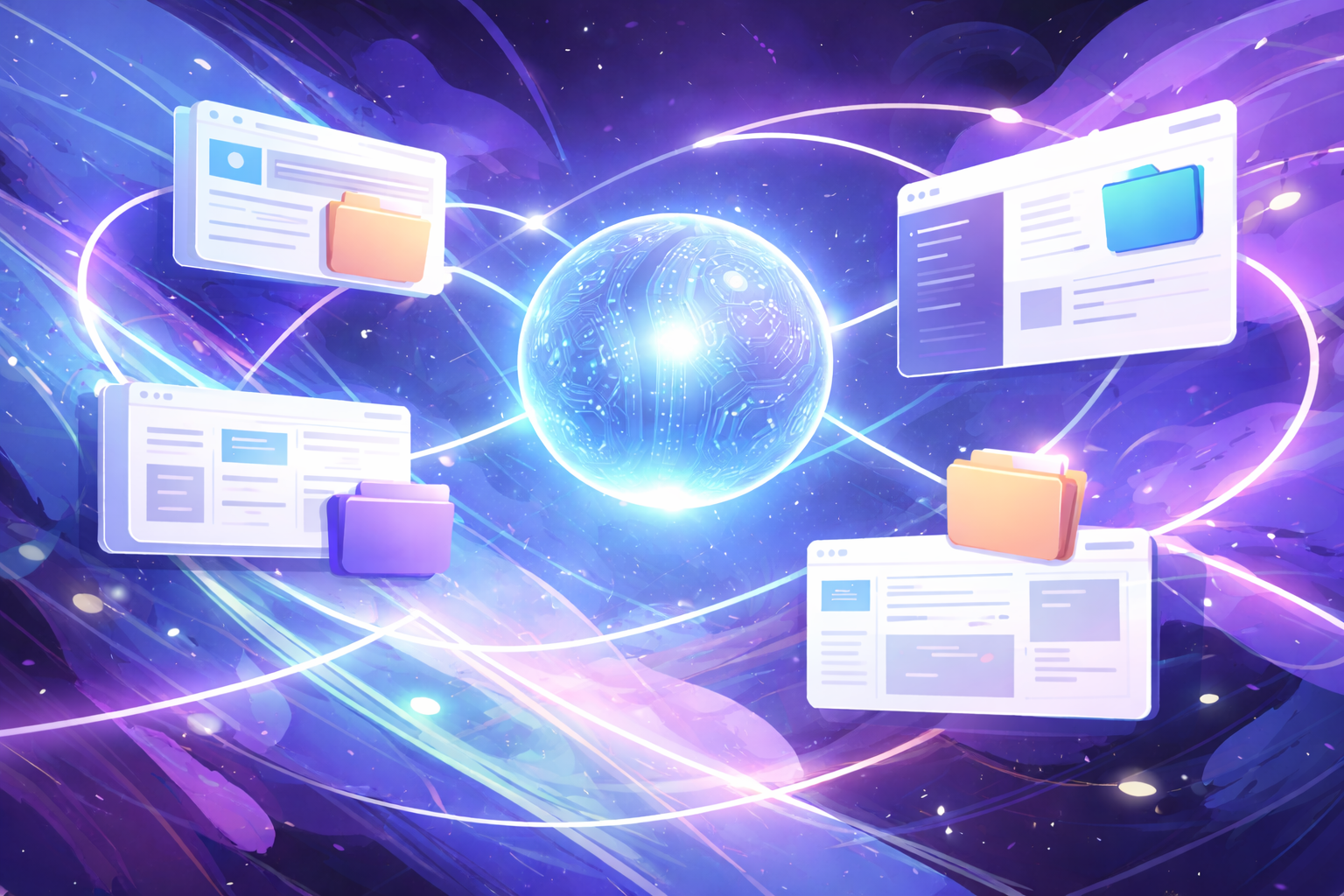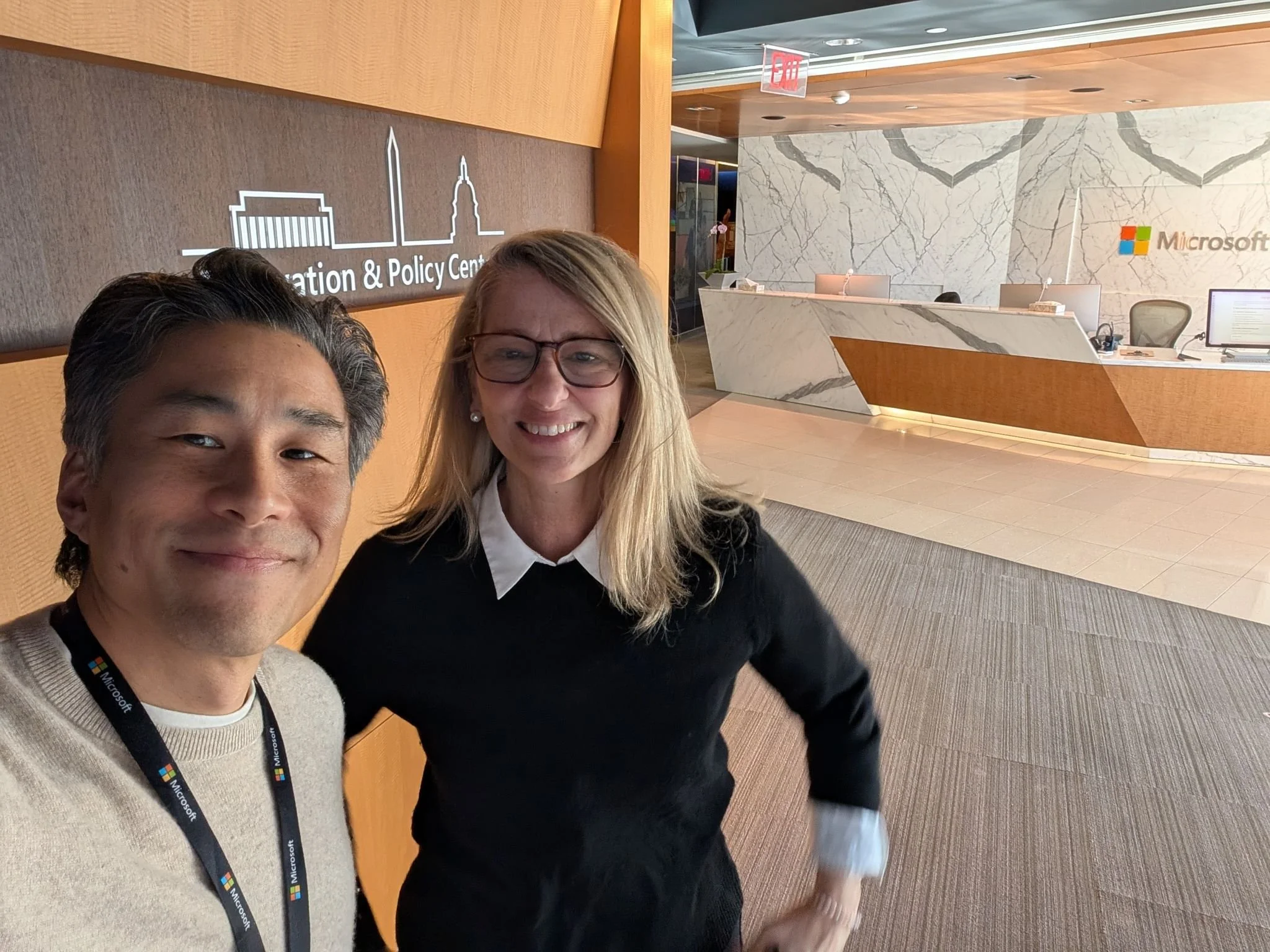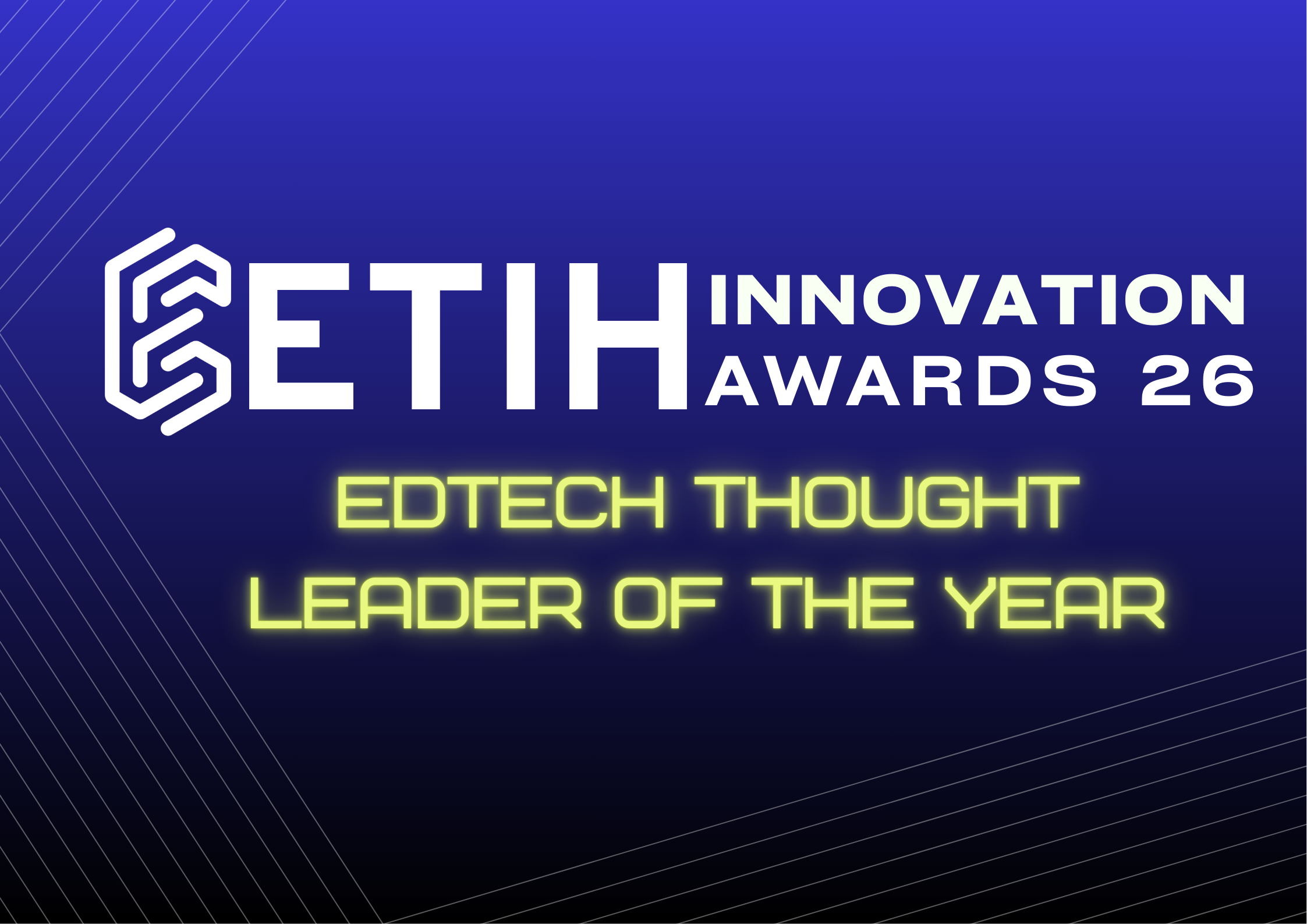Torben Lundberg discusses AI-Driven innovations at Inspired Education Group
ETIH chats with Torben Lundberg, Chief Information Officer at Inspired Education Group, to discuss the group's innovative AI initiatives in education technology. With a focus on integrating AI to enhance personalised learning, Torben shares insights into how Inspired is shaping the future of private education through cutting-edge technology.
ETIH: What are some of the key technological initiatives currently underway at Inspired?
We have been working hard to ensure that Inspired is at the forefront of Education Technology and we are seeing some exciting results. We were one of the first schools Group to introduce metaverse technology into the classroom in 2022 with our Inspired Metaverse School. We were also the first to educate students from home in science experiments using proprietary VR technology.
We have also been developing a suite of AI tools to support students, teachers and parents. The different tools range from improving academic performance, saving teachers’ time, to helping parents keep track of the different activities their child has. Currently, we have Inspired AI (which helps give students a personalised learning experience) and the Inspired AI Lesson Planner, which helps teachers create bespoke lesson plans from best practice materials.
By September we will have a suite of AI tools that includes automated marking and feedback for students’ weekly cycle tests, further integration of the Global Study Platform, a bespoke online platform that joins the power of data analytics with AI technology to provide students and parents subject courses information and study materials, Cycle Test results and progress reports, as well as a student's relevant wider academic data. This exciting new educational technology will be used alongside Inspired’s existing Metaverse and Virtual Reality technology in classrooms.
Finally, we’re launching a new Parent Helper AI, which enables parents to easily obtain information about their child’s academic progress and help them with their studies.
ETIH: Inspired recently rolled out the AI-driven Lesson Planner. Can you explain how this tool works and what its expected impact is on teachers and students?
The tool will enable teachers to use AI to develop new and engaging lesson plans. The tool is a bespoke, independent AI environment which empowers teachers to create text and graphics-based PowerPoint content quickly and accurately while enabling the group of globally leading teachers to learn from one another and share best-in-class materials and lesson plans. The tool is projected to reduce planning tasks by at least 10 days of Inspired’s teachers’ time a year, allowing them to focus more on one-to-one personalised learning time with students.
ETIH: How do you envision AI reshaping the educational landscape in the coming decade?
The technology sector is on an incredible growth trajectory. As this progresses EdTech is going to become more intelligent, cover more subject areas, help teachers provide more personalised and bespoke teaching, and give students access to opportunities that would be otherwise inaccessible from their classrooms. Our cutting-edge tools and technologies, including AI platforms, virtual reality, and the metaverse, are already transforming children's learning experiences, and this is just the beginning.
We anticipate that AI technology will profoundly reshape traditional classroom learning, allowing teachers to dedicate more time to direct student engagement and fostering a richer learning environment. The nature of homework will evolve, with new tools enhancing learning efficiency and providing advanced AI tutoring that is readily accessible. This exciting future promises to make education more effective, personalised, and inclusive, further unlocking the potential of every student.
ETIH: What challenges do you face in integrating AI into the educational environment, and how are you addressing them?
Ensuring the safety of these AI tools is a crucial part of their development, especially in an educational context. Beyond the existing safeguards contained within the suite of GPT models used in the tools, bespoke guardrails have been put in place to ensure their safety, such as restrictions on input and blocking inappropriate or risky requests. In addition, the tools developed by Faculty AI are teacher-facing tools, which means that outputs are designed to be reviewed by a teacher before students have access to them.
Most of our students have grown up using technology and interact with it inside and outside of school on a daily basis. We think it’s important for children to be able to harness technology safely so all Inspired schools also provide students with a PHSE curriculum that includes digital safety.
ETIH: What other projects are on the horizon for Inspired Education Group?
Inspired is currently conducting a series of experiments involving the use of AI in the field of EdTech. We are combining the educational journeys of students, both academic and non-academic, with our years of curated educational content to create AI-based tools and platforms that enable students to excel in their chosen fields, reduce admin workload for teachers so they can focus on education and bring parents closer to school activities.
In addition to these short-term projects, we are looking at some further afield technology advancement. We aim to create a solution that combines conventional and generative AI models to maximize benefits and address pertinent issues while adhering to AI safety and responsible AI principles. Additionally, we at Inspired are also exploring the potential of AI to enhance our internal functions, including employee engagement, IT support, marketing, and student enrolment.
We’re in the process of rolling out our bespoke Global Study Platform to all schools. This is a modular platform which involves traditional learning management, AI tools, academic tracking and assistance. The platform enables parents to get involved and influence the revision and homework processes. The purpose is to use advanced EdTech to ensure the students get the maximum academic outcome from the school.
ETIH: How do you prioritise which areas of education technology to focus on when developing new tools and solutions?
Our role is to teach not to develop software so we’re constantly monitoring the products and advancements in the EdTech software market.
However, what we have is a significant amount of data related to students, parents and teachers gathered over many years across our global group of schools. We are prioritising our focus on the intersection between the data we have available and where we can develop something of significant impact on our community. An example is the AI Lesson Planner which was prioritised after we collected approximately 80,000 learning documents and presentations from the schools and were able to train an LLM on this proprietary data.
ETIH: What major trends do you see shaping the edtech industry, particularly regarding technology adoption?
For younger children up to age 12, the use of technology and its adoption is an area we’re monitoring closely. Parents are rightly concerned about screen time and the EdTech industry will have to find solutions that supports learning without increasing the amount of time the children use on electronic devices.
ETIH: What is your long-term vision for technology’s role in education at Inspired Education Group?
Technology is simply tools to help the schools be as efficient as possible with the learning processes, it does not have a role of its own. However, we believe that the learning efficiency can be improved over the coming years mainly due to better integration of applications and intelligent use of AI.
The goal is to leverage cutting-edge educational technology to optimise students' academic success and achievement, allowing them to reach their fullest potential and hopefully enable them to pursue their dreams after school.


